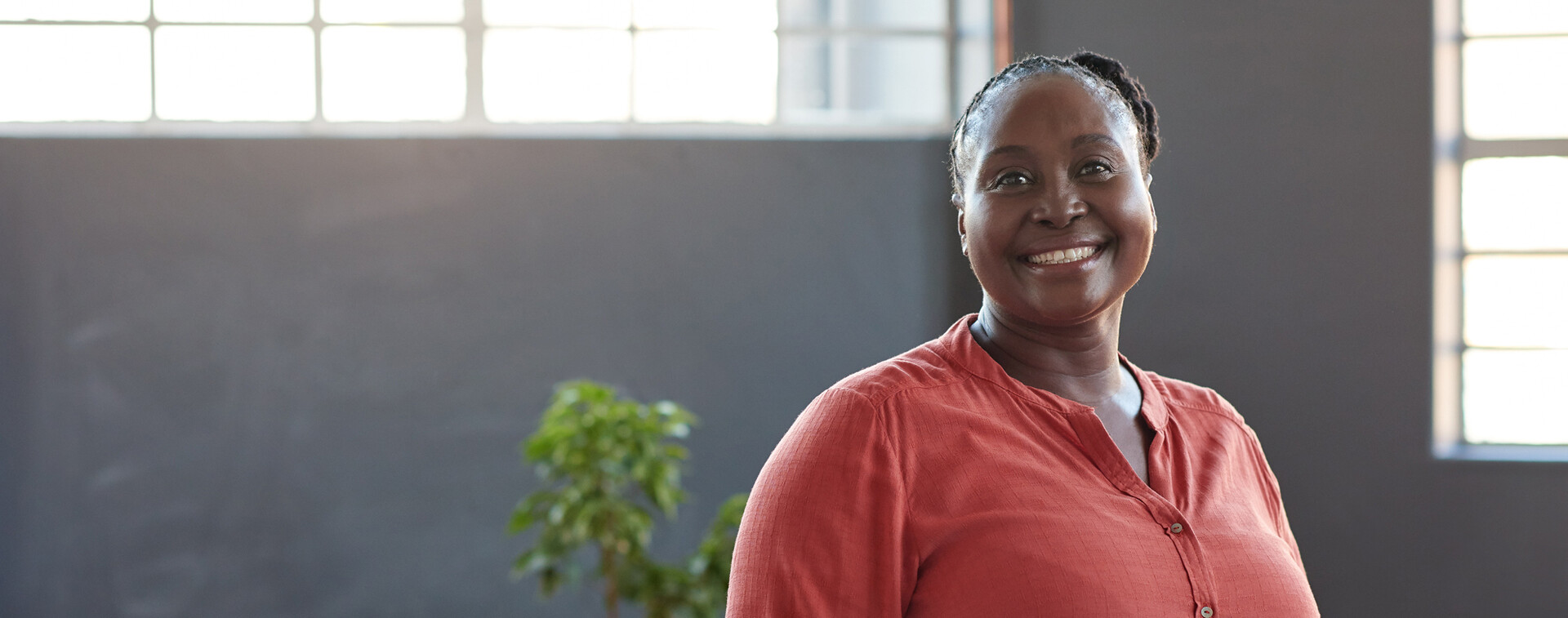- Legal
- Funeral
- Pricing per monthIndividualFamily
- Compare all Individual Plans
- Compare all Family Plans
- Health
- Pricing per monthIndividualFamily
- Compare all family Plans
- Compare all individual Plans
- My AI Lawyer
The Culture of Credit: How much is too much?
The Culture of Credit: How much is too much?
What is good credit vs bad credit?
In our modern world, we have become increasingly reliant on money. For many of us, it has come to relying on money we don't actually have. How do we balance living on the edge with our credit and debt?


Credit: Credit is a contractual agreement in which a borrower receives something of value immediately and agrees to pay for it later, usually with interest.
Credit History: Your credit history is a measure of your ability to repay debts and demonstrated responsibility in repaying them.
Credit Report: A credit report is a detailed breakdown of your credit history prepared by a credit bureau.
Credit Score: Credit bureaus collect financial information about you and create credit reports based on that information, and lenders use the reports along with other details to determine your credit score.
Debt: is the amount of money borrowed by one party from another, often for making large purchases that they could not afford under normal circumstances.
South Africans have been accused of having a debt addiction. Far too many of us have tiny incomes compared to our massive expenditures and the only way that happens is through the use of credit facilities. But there are two sides to credit, it can help us or hurt us depending on how we use it.
For the months that need expensive purchases, we can get a small credit to cover it and pay it back quickly without putting ourselves into serious debt. That is good credit. It proves that you are a good bet. When you consistently pay back your credit, you will have a good credit history. Most importantly you will have a positive credit score, which is vital if you want to get a bond and buy a house or to finance a car. The bank will look at your good credit history and assess the chances of getting their money back after they lend it to you. Being a good bet increases the likelihood of your getting a reasonable bond.
Bad credit however, is the opposite. If you apply for credit anywhere from a bank to a store, and you do not meet the repayment terms, you will have a poor credit history. While it sounds very straightforward, more and more South Africans are living on credit. Not just for the odd pricey purchase, but repeatedly extending one credit facility to pay off another. Paying off credit with more credit is too much and leads to things like “debt addiction” and “repossession”.
How does it start?
Firstly the “addiction” is to the credit. Debt is the unfortunate product of credit. Abusing hire/purchase facilities and store or credit cards results from unrealistic expectations of the kind of lifestyle that your income can sustain. In some instances, the discrepancy can be extreme and result in equally extreme debt.
The problem for many South Africans is that we are happy to take the loan, but do not have any immediate intent or capacity to pay it back. And the longer that repayment takes, the greater the interest, and eventually those repayments are double or triple the original amount borrowed.
The stark reality is that during that time, there is a reasonable likelihood of your income changing, and not for the better. Salary cuts and retrenchments during the pandemic have led to it being even harder to repay the amount that was borrowed.
Desperate to pay off one loan, people are taking further loans from loan sharks that have extreme interest rates. These rates put the “shark” in loan shark. They recoup their loans much faster with illegally high interest rates and bleed their victims dry. Adverts for “blacklisted welcome” are indicators of exactly these high interest rates because they know that they are lending to individuals who are high risk, with nowhere else to go.
How can we help you fix it?
We know that no one sets out to get into debt. Our professional debt counsellors can help you manage your debt, by guiding you on budgeting, negotiating with your creditors and assessing your ability to make the repayments required, while maintaining a dignified lifestyle. Once you have repaid all your debt, there are legal avenues to repair your credit history.
What happens if you leave it?
Blacklisting means that no reputable institution will grant you a loan or extend a credit facility to you, and is inescapable until your debt is paid. If you’ve been living on credit, you will need professional debt counselling to manage your financial recovery.
Repossession or seizure of assets is a legal attachment of items that have a value equal to the amount you owe. These items can include your car, your house, your clothes, your furniture and anything else that might be sold at auction to recoup money that is owed.
With Legal&Tax you’re not alone.
Get Debt Smart!
Articles, videos, guides & templates to stay on top of your money matters.
The money hub offers all you need to stay on top of debt.
Recommended articles

LEGAL&YOU FEBRUARY 2026
This February, we’re focusing on the true foundations of love: protection, security, and a strong future together. From heart health and financial discipline to clearing up legal myths, we’re sharing practical tools to help you protect what matters most.
24 February 2026
Article


